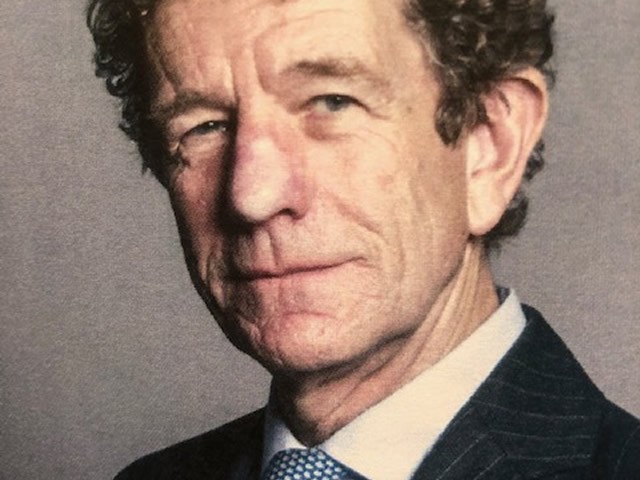By Sheila Mckenzie-
Chair of the press regulator Ipso, Edward Faulks(pictured) faces his biggest challenge since the inception of the media watchdog, following the record breaking complaints in relation to Jeremy Clarkson’s unacceptable article in the Sun Newspaper.
The chair had plans to attend a private dinner with Rupert Murdoch on Monday night, which had to be aborted in the wake of the complaints. The essence of that meeting is not known.
Complaints against Jeremy Clarkson’s Sun newspaper column, in which he said he “hated” the Duchess of Sussex, has broken the record of the Independent Press Standards Organisation’s most complained about article, the regulator has said.
Ipso confirmed that the piece, which was removed from the Sun’s website on Monday at Clarkson’s request, had received more than 17,500 complaints as of 9am on Tuesday- its highest in its eight years experience.
The Uk press regulator said it will follow its usual procedures in addressing the complaints .
“We will follow our usual processes to examine the complaints we have received. This will take longer than usual because of the volume of complaints,” an Ipso spokesperson told the PA Media news agency.
The number surpassed the total number of complaints the media regulator received in 2021, 14,355.
More than 60 cross-party MPs have written to the Sun’s editor, Victoria Newton, to demand an apology and “action taken” against Clarkson for the column where he said Meghan should be paraded through the streets naked.
In their letter, they said Meghan had received credible threats to her life and that columns such as Clarkson’s contributed to an “unacceptable climate of hatred and violence”.
The letter, coordinated by the Conservative chair of the women and equalities select committee, Caroline Nokes, was signed by Tory, Labour, Lib Dem, Green and SNP MPs, including the Conservative chair of the Treasury select committee, Harriett Baldwin, Labour’s Harriet Harman and Caroline Lucas of the Green party.
In an article published on Friday in the wake of Prince Harry and Meghan’s Netflix documentary, Clarkson wrote that he loathed Meghan “on a cellular level” compared with the serial killer Rose West.
He said he was “dreaming of the day when she is made to parade naked through the streets of every town in Britain while the crowds chant, ‘Shame!’ and throw lumps of excrement at her”.
The Sun has since withdrawn the column at the request of Clarkson, but doesn’t go far enough to correcting his error.
In their letter, Nokes and the other MPs tell Newton they “condemn in the strongest possible terms the violent misogynist language … This sort of language has no place in our country and it is unacceptable it was allowed to be published in a mainstream newspaper.”
They add: “We cannot allow this type of behaviour to go unchecked any longer. We welcome the Sun’s retraction of the article and we now demand action is taken against Mr Clarkson and an unreserved apology to Ms Markle immediately.”
Clarkson eventually issued a statement on Monday, saying: “Oh dear. I’ve rather put my foot in it. In a column I wrote about Meghan, I made a clumsy reference to a scene in Game of Thrones and this has gone down badly with a great many people. I’m horrified to have caused so much hurt and I shall be more careful in future.”
It is yet to be established which aspects of Ipso’s rules may have been broken in the context of its policies.
The press regulator is not known to rule in favour of complaints made to them in defence of either the duke and duchess of sussex.
IPSO is financed by the Regulatory Funding Company (RFC) which is funded by member publishers. IPSO carries out its work separately and completely independently from its members.
The Regulatory Funding Company (RFC) is charged with raising a levy on the news media and magazine industries to finance the Independent Press Standards Organisation (IPSO).
This arrangement ensures secure financial support for IPSO, while IPSO’s complete independence is at the same time guaranteed by a majority of lay members, and is a further sign of the industry’s commitment to effective self-regulation.




